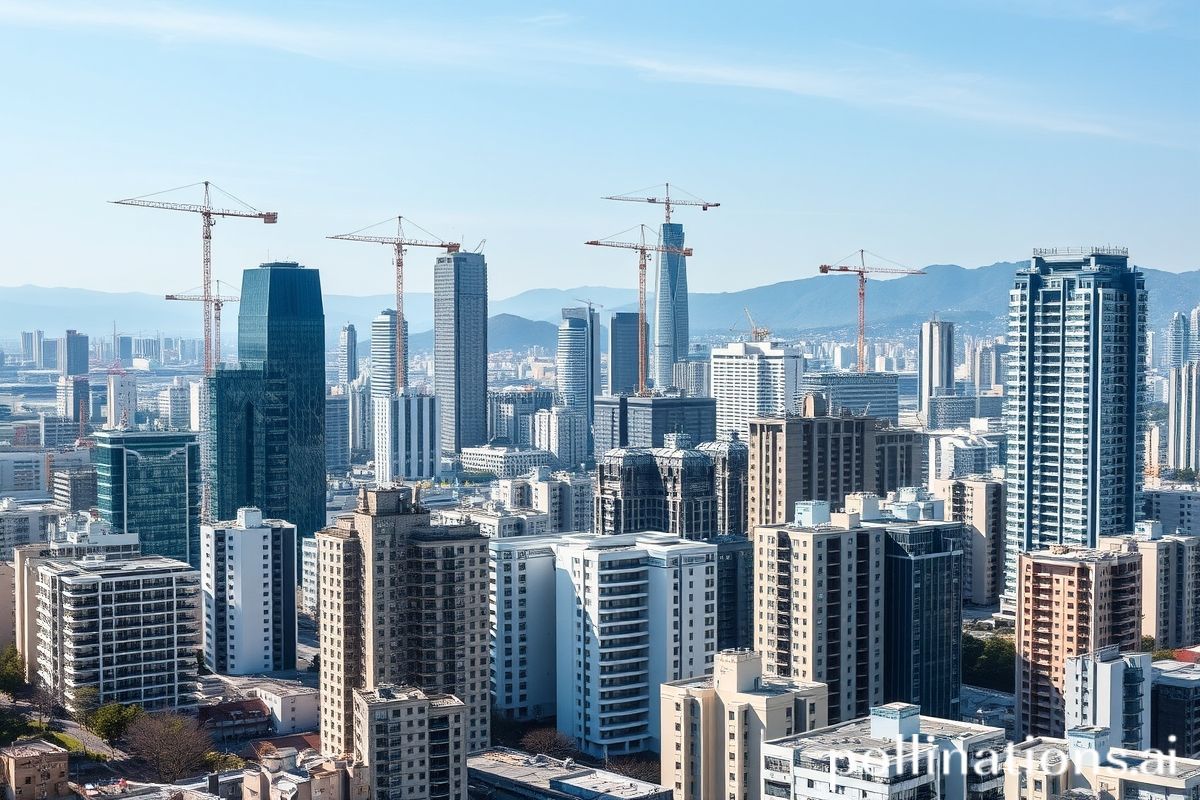
Seoul's real estate market is accelerating into what experts are calling a "super cycle" earlier than anticipated, with apartment prices and jeonse (key money deposit) rental costs both surging simultaneously. The Korean government is responding with innovative solutions including "Korean-style New REITs" that could provide new pathways to property ownership for renters.
Supply Shortage Drives Price Acceleration
Industry analysts had predicted a supply shortage crisis for 2026-2027, but the effects are materializing in 2025 as Seoul apartment transaction volumes increased dramatically through summer before moderating due to lending restrictions. However, sellers are maintaining asking prices, creating continued upward pressure on the market.
For American real estate observers, Seoul's situation combines elements familiar from cities like San Francisco or New York—limited developable land, strong demand, and regulatory constraints—but with the unique aspect of Korea's jeonse system, where renters pay large upfront deposits instead of monthly rent.
Jeonse Crisis Forces Market Adaptation
The most significant development is the rapid increase in jeonse deposits, with some Seoul neighborhoods seeing 10-20% increases over six months. This creates a double burden for potential homebuyers who face both rising purchase prices and higher rental costs, often pushing renters toward purchasing decisions.
Real estate industry sources report increasing numbers of clients switching from rental searches to purchase inquiries as the gap between jeonse deposits and purchase prices narrows. This dynamic creates additional buying pressure that reinforces the upward price cycle.
Korean New REIT Innovation
The government's proposed "Korean-style New REIT" system offers an innovative solution that allows renters to use their jeonse deposits as REIT equity investments while living in REIT-owned properties. Under this system, a renter with a 300 million won deposit could own 20% equity in a 1.5 billion won apartment while paying rent and receiving both dividend income and property appreciation benefits.
This hybrid ownership model could provide a new template for addressing housing affordability challenges in dense urban markets, potentially offering lessons for other expensive housing markets worldwide.
Original Article (Korean): Read in Korean


0 Comments